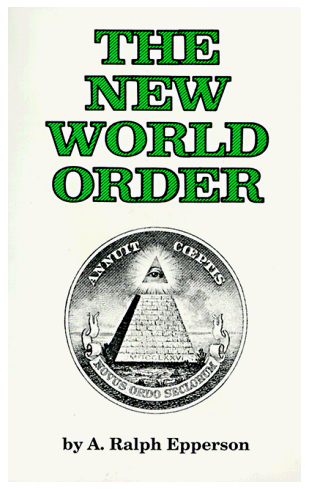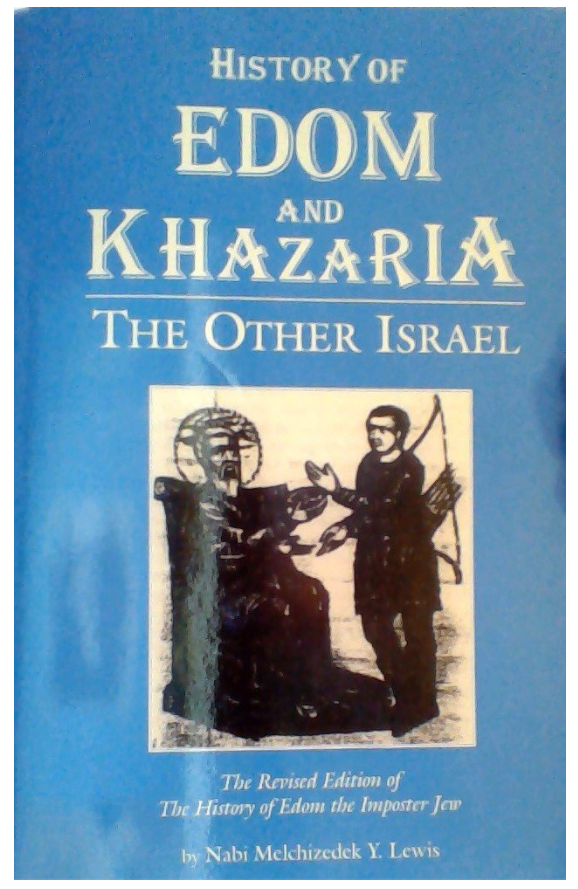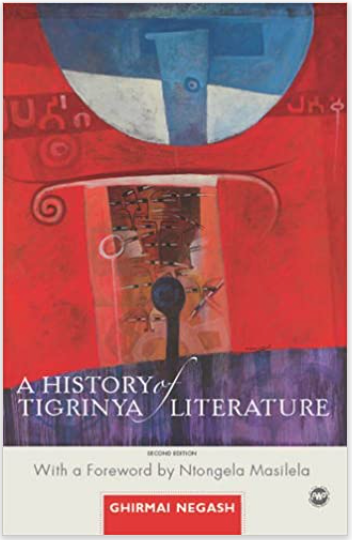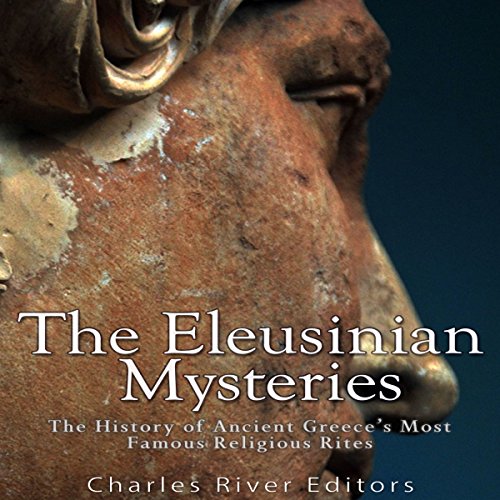The Apache Wars: The History and Legacy of the U.S. Army's Campaigns against the Apaches
ISBN: 9781511871662
*Includes pictures
*Includes accounts of the fighting described by American soldiers
*Includes online resources and a bibliography for further reading
*Includes a table of contents
“Even if we should be able to dislodge them from the rough mountain ridges and impenetrable woods which cover the immense territories of these frontiers, they would seek better asylum in the vastness of the Sierra Madre. . . [They] know how to surprise and destroy our troops in the mountains and on the plains. They are not ignorant of the use and power of our arms; they manage their own with dexterity; and they are as good or better horsemen than the Spaniards, and having no towns, castles, or temples to defend they may only be attacked in their dispersed and movable rancherias.” - Bernardo de Galvez, Instructions for Governing the Interior Provinces of New Spain, 1787 (The Quivera Society, Berkeley)
The Apache of the American Southwest have achieved almost legendary status for their fierceness and their tenacity in fighting the U.S. Army. Names like Nana, Cochise, and Geronimo are synonymous with bravery and daring, and the tribe had that reputation long before the Americans arrived. Indeed, among all the Native American tribes, the Spanish, Mexicans, and Americans learned the hard way that the warriors of the Apache were perhaps the fiercest in North America. Based in the Southwest, the Apache fought all three in Mexico and the American Southwest, engaging in seasonal raids for so many centuries that the Apache struck fear into the hearts of all their neighbors.
Given the group’s reputation, it’s fitting that they are inextricably associated with one of their most famous leaders, Geronimo. Descendants of people killed by “hostile” Apache certainly considered warriors like Geronimo to be murderers and thieves whose cultures and societies held no redeeming values, and even today, many Americans associate the name Geronimo with a war cry. The name Geronimo actually came about because of a battle he fought against the Mexicans
*Includes accounts of the fighting described by American soldiers
*Includes online resources and a bibliography for further reading
*Includes a table of contents
“Even if we should be able to dislodge them from the rough mountain ridges and impenetrable woods which cover the immense territories of these frontiers, they would seek better asylum in the vastness of the Sierra Madre. . . [They] know how to surprise and destroy our troops in the mountains and on the plains. They are not ignorant of the use and power of our arms; they manage their own with dexterity; and they are as good or better horsemen than the Spaniards, and having no towns, castles, or temples to defend they may only be attacked in their dispersed and movable rancherias.” - Bernardo de Galvez, Instructions for Governing the Interior Provinces of New Spain, 1787 (The Quivera Society, Berkeley)
The Apache of the American Southwest have achieved almost legendary status for their fierceness and their tenacity in fighting the U.S. Army. Names like Nana, Cochise, and Geronimo are synonymous with bravery and daring, and the tribe had that reputation long before the Americans arrived. Indeed, among all the Native American tribes, the Spanish, Mexicans, and Americans learned the hard way that the warriors of the Apache were perhaps the fiercest in North America. Based in the Southwest, the Apache fought all three in Mexico and the American Southwest, engaging in seasonal raids for so many centuries that the Apache struck fear into the hearts of all their neighbors.
Given the group’s reputation, it’s fitting that they are inextricably associated with one of their most famous leaders, Geronimo. Descendants of people killed by “hostile” Apache certainly considered warriors like Geronimo to be murderers and thieves whose cultures and societies held no redeeming values, and even today, many Americans associate the name Geronimo with a war cry. The name Geronimo actually came about because of a battle he fought against the Mexicans













